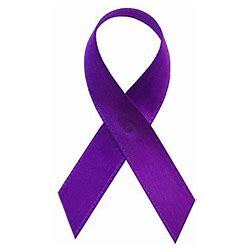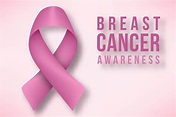Cancer Diary: Cancer Drugs

Today's post is short -- just a link -- but it could be more important than much longer posts. I recently came across the National Comprehensive Cancer Network and its compendium of drugs. Like Carl's Cancer Compendium, this collection of searchable and readily available information is a goldmine that I wish I had had when Carl was dying from cancer. You can check out this rich complication of cancer drugs and information about them HERE . See other posts on cancer drugs . See other Cancer Diary posts. Blog editor's note: As a memorial to Carl Don Leaver , co-founder of MSI Press LLC, and simply because it is truly needed, MSI Press is now hosting a web page, Carl's Cancer Compendium , as a one-stop starting point for all things cancer, to make it easier for those with cancer to find answers to questions that can otherwise take hours to track down on the Internet and/or from professionals. The web page is in its infancy but expected to expand...





